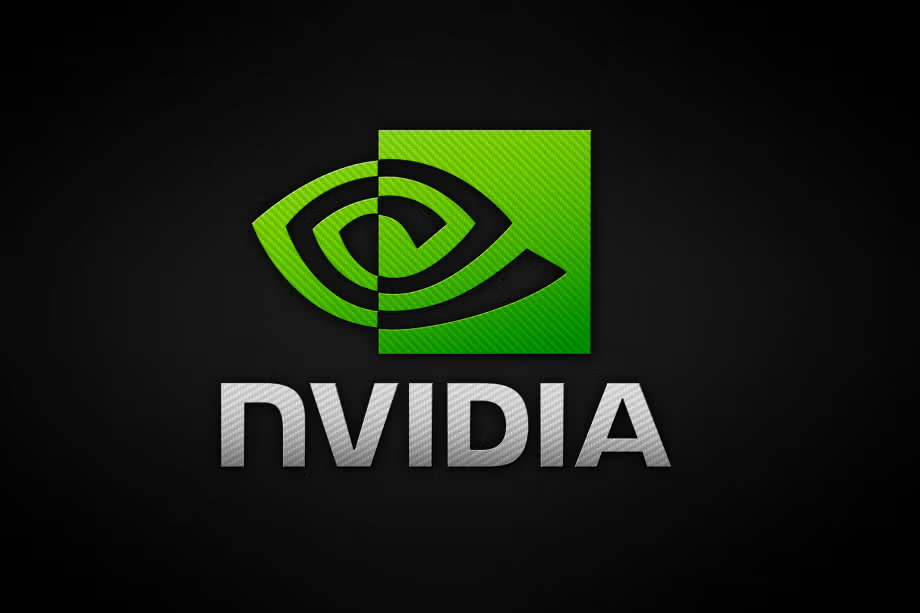NVIDIA's GTC (GPU Technology Conference) has solidified its position as the premier AI conference, drawing together a diverse audience of industry leaders, researchers, developers, and enthusiasts. GTC 2025, held in San Jose, California from March 17-21, was no exception, exceeding expectations and solidifying NVIDIA's dominance in the AI landscape. This year's conference drew an impressive crowd of approximately 25,000 in-person attendees, more than double the previous year, with virtual attendance projected to reach 300,000. The event featured over 1,000 sessions, 2,000 speakers, and nearly 400 exhibitors, making it a comprehensive showcase of the latest advancements in AI, accelerated computing, and related fields. Some are even calling the event the "AI Woodstock", comparing it to the legendary 1969 music festival due to its potential groundbreaking impact on the AI industry.
A central theme of GTC 2025 was the unveiling of NVIDIA's next-generation hardware and software. CEO Jensen Huang's keynote highlighted the company's product roadmap, emphasizing the Blackwell Ultra GPUs and teasing the future Rubin GPU series, expected to launch in 2026. The Blackwell Ultra GPUs, an evolution of the Blackwell lineup, boast impressive specifications, including 288GB of memory and enhanced compute performance, tailored for training massive AI models. Huang emphasized that Blackwell is already in full production. He also laid out the company's product roadmap for the next two years.
Beyond hardware, NVIDIA emphasized its contributions to various AI applications, including autonomous vehicles, advanced robotics, and improved wireless networks. A particularly captivating moment was the introduction of "Blue," a bipedal robot developed in collaboration with Google's DeepMind and Disney Research. This robot served as a tangible example of NVIDIA's advancements in physical AI and robotics. NVIDIA also announced that the NVIDIA Isaac Groot N1, the company's foundation model for humanoid robots, is now open source.
Another significant focus was "Agentic AI," where AI systems can understand their surroundings, reason, learn, and act with minimal human intervention. NVIDIA is working with countries and corporations to develop AI models that are fully independent, designed to give nations control over their own AI infrastructure, which could be a game-changer for geopolitics and data surveying. To further accelerate inference on a large scale, Huang announced NVIDIA Dynamo, open-source software for accelerating and scaling AI reasoning models in AI factories, calling it "essentially the operating system of an AI factory."
GTC 2025 also addressed the growing importance of quantum computing. NVIDIA hosted a dedicated "Quantum Day," bringing together key players in the quantum tech space to explore practical applications and the future of quantum computing. Jensen Huang announced the opening of a dedicated NVIDIA research lab in Boston. Huang stated that it will likely be the most advanced accelerated computing, hybrid quantum computing research lab in the world.
The conference wasn't just about NVIDIA's innovations; it also provided a platform for industry collaboration and knowledge sharing. The conference agenda included technical sessions, hands-on workshops, and networking opportunities. Participants gained insights into applying AI across sectors such as healthcare, automotive, and finance.
Overall, NVIDIA GTC 2025 showcased the company's continued leadership in AI and accelerated computing. From groundbreaking hardware announcements to advancements in robotics, quantum computing, and AI applications, the conference provided a glimpse into the future of technology. The event underscored the transformative potential of AI and NVIDIA's central role in driving its evolution.

















